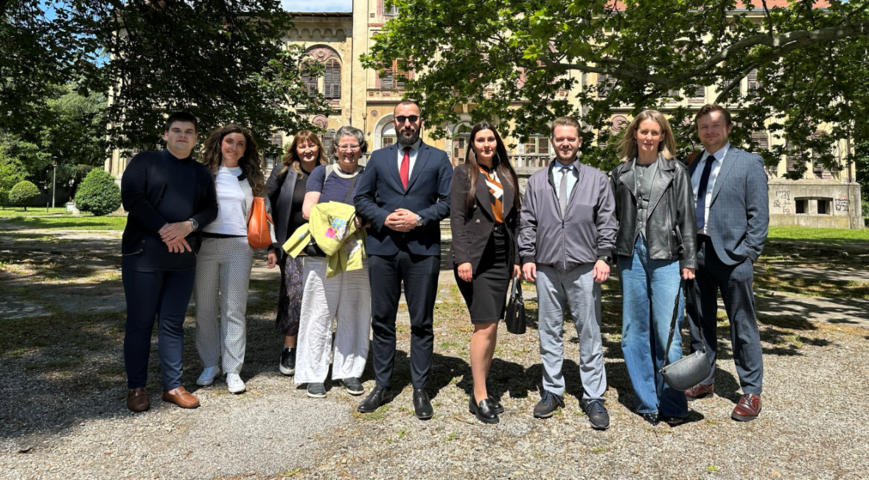Arandjelovac, Prijepolje and Sjenica are the first municipalities in Serbia to use the intercultural cities (ICC) index to evaluate and improve how they promote inclusion, diversity and intercultural dialogue at the local level.
The results of the ICC Index for the three towns were presented and discussed at a meeting in Arandjelovac on 19 May, bringing together local officials, Council of Europe experts, and representatives of the Standing Conference of Towns and Municipalities. The event marked a milestone in efforts to align local policies with European standards on equality, diversity and interaction between communities.
Opening the meeting, Nevena Irić, the Deputy Mayor of Arandjelovac, underlined the importance of learning from good practices and adapting local approaches to create more inclusive environments. "As a local self-government unit, we have managed to be honest and open about what is an integral part of life in our community. I am glad that we can serve as an example of good practice to other municipalities and cities, but there are still areas and topics where we need to make greater efforts, and for that, the recommendations we received are very important to us,” Irić noted.
The ICC Index helps cities assess their progress on intercultural inclusion – including in areas such as education, public spaces, governance, and media – and guides them in shaping future policies. The three municipalities, with support from the Council of Europe Office in Belgrade and intercultural experts, began working on roadmaps to implement the recommendations stemming from the Index, tailored to their specific needs and contexts.
The discussions highlighted key challenges and achievements in promoting inclusive and gender-sensitive urban planning, and reaffirmed the cities' commitment to using diversity as a driver for development and social cohesion.
The event coincided with the World Day for Cultural Diversity for Dialogue and Development (21 May), reinforcing the importance of intercultural dialogue in building peaceful and resilient communities.
This initiative is part of the “Combating discrimination and promoting diversity in Serbia” action within the joint European Union and Council of Europe programme “Horizontal Facility for the Western Balkans and Türkiye” implemented in close partnership with the Council of Europe Intercultural Cities Programme.


